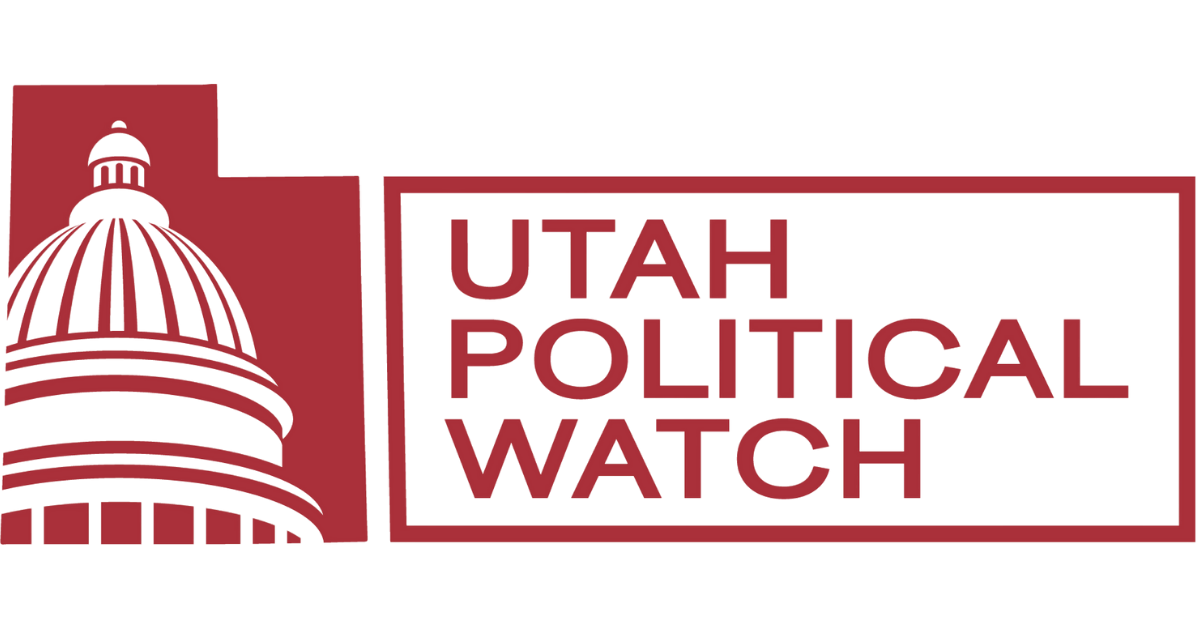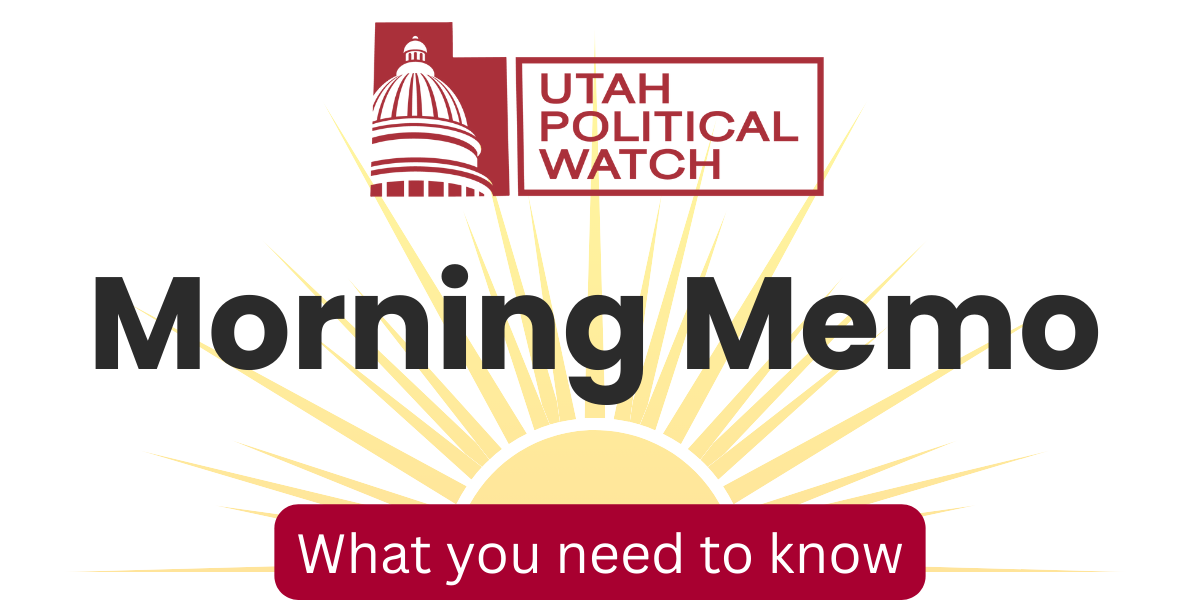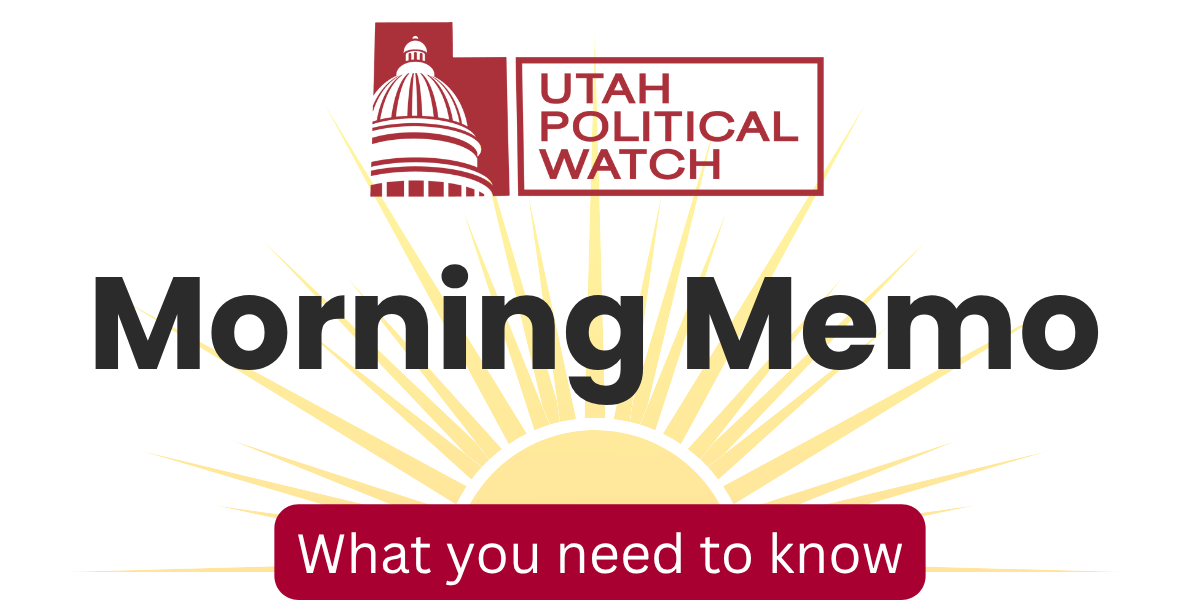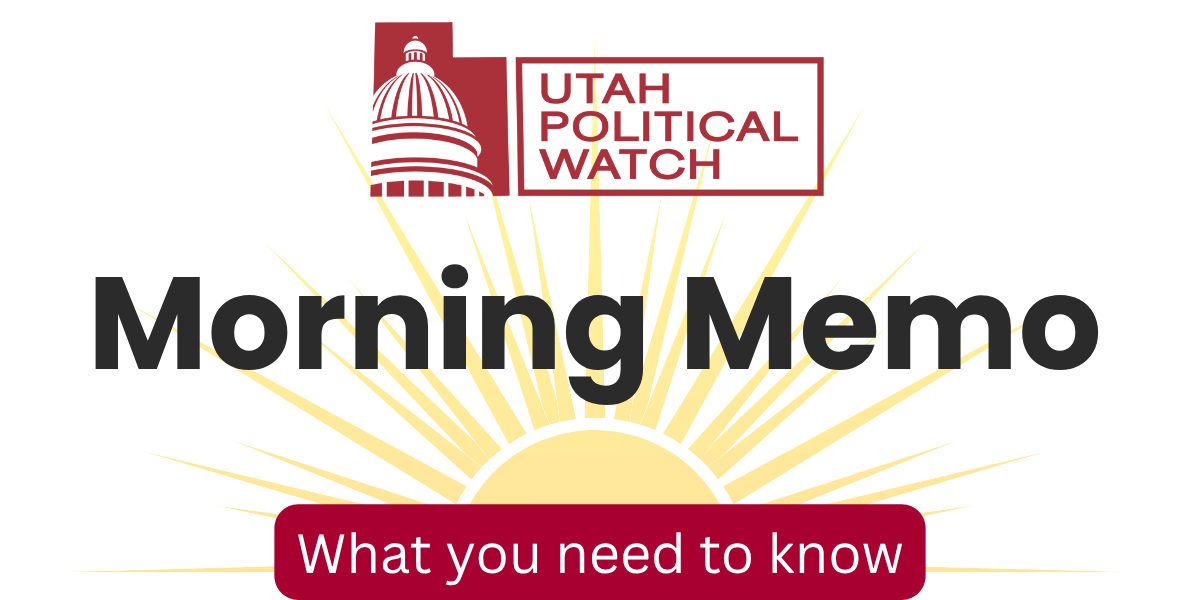• Ryan Starks approved a $3.2M taxpayer grant to the Salt Lake Chamber Foundation just three days before announcing his departure from the Governor's Office of Economic Development (GOEO).
• Starks' new employer, EDCUtah, operated under the umbrella of the Salt Lake Chamber.
• The grant was canceled by new GOEO leadership due to conflict of interest concerns.
• Starks waived statutory requirements for the grant using his executive authority.
• The episode has prompted GOEO to promise reforms in grant oversight procedures.
Three days before announcing his departure from Utah's top economic development post, Ryan Starks approved a $3.2 million taxpayer-funded grant to an organization he would soon be closely affiliated with. The eleventh-hour decision by the former executive director of the Governor's Office of Economic Opportunity (GOEO) has raised eyebrows and prompted officials to cancel the grant entirely.
The grant would have helped to fund a statewide economic development initiative dubbed "Utah Rising" spearheaded by the Salt Lake Chamber’s nonprofit arm.
Starks departed his job at GOEO to become the executive director of EDCUtah, a private nonprofit organization that serves as the state's primary economic development facilitator. EDCUtah works with state and local governments and industry to attract companies to the state.
The grant's cancellation came swiftly after new GOEO Executive Director Jefferson Moss took office. "Due to concerns around the timing of the grant, he made the decision to cancel the contract," GOEO communications manager Lindsey LeBaron told Utah Political Watch in an email.
“GOEO acknowledges that this grant was going to the Salt Lake Chamber Foundation and not directly to EDCUtah, but there were still concerns around a potential conflict. When Moss shared that concern with the Salt Lake Chamber, they agreed and supported canceling the contract.”
April 29: Ryan Starks and the Industrial Assistance Account Committee approve a $3.2M grant for Utah Rising initiative.
May 2: Starks publicly announces his departure from GOEO.
May 6: Utah Rising grant contract is signed by GOEO and Salt Lake Chamber Foundation.
May 7: EDCUtah announces Starks as their new executive director.
June 18: Deseret News publishes profile of Starks, mentioning EDCUtah operates as part of Salt Lake Chamber.
July 8: GOEO and Salt Lake Chamber Foundation sign amendment terminating grant.
Public records obtained by Utah Political Watch expose a questionable sequence of events: A 10-year, $3.2 million grant was approved just as Starks was preparing to leave his post at GOEO. The money would have helped fund “Utah Rising: A Free Enterprise Vision for Utah’s Economy”—an initiative spearheaded by the Salt Lake Chamber Foundation, a nonprofit arm of the Salt Lake Chamber.
The grant was made from the Utah Industrial Assistance Account, which is designed to “foster and develop industry in Utah by funding one-time economic opportunities or talent development.”
Typically, the IAA provides financial assistance—either a loan or a grant—in return for a company creating high-paying jobs in Utah. Applicants must demonstrate that the economic opportunity will benefit the state. Under Utah code, the GOEO executive director is given wide latitude on awarding grants or loans from the IAA.
According to a copy of the contract, Utah Rising is described as a collaborative effort with chambers of commerce across Utah to execute a “statewide business-led plan to ensure a prosperous and successful (sic) for all Utahns,” with a targeted completion date of before the 2034 Utah Winter Olympic Games.
The plan focuses on several areas—workforce development, transportation, liveability, and fostering the business environment. Specific goals include boosting the number of young adults in Utah with a post-secondary degree or certificate, decreasing the number of young adults with poor mental health, addressing housing affordability, energy reliability and environmental quality.
The approval process raises further questions. An attachment to the contract shows it was greenlit by an entity known as the Industrial Assistance Account Committee at an April 29, 2025 meeting. GOEO’s website contains no information about this committee and officials did not respond to requests for meeting records or documentation.
According to the contract, Starks waived the statutory requirements for the grant, which is an authority state law gives to GOEO’s executive director under certain circumstances. The requirements can be set aside if the applicant is “part of a targeted industry” or if the organization is a “quasi-public corporation.”
However, it’s not clear that the Salt Lake Chamber Foundation fits into either of those categories. As a 501(c)(3) nonprofit organization, it does not meet Utah’s definition of a quasi-public organization.
The contract also notes that Starks determined the Utah Rising initiative “will provide a catalyst or stimulus to growth, ensuring a prosperous future for all Utahns.”
Three days later, on May 2, Starks publicly announced his departure from GOEO. His hiring by EDCUtah was revealed in a press release four days later on May 7.
On July 8, officials from GOEO and the Salt Lake Chamber Foundation signed an amendment to the original contract, terminating the grant. The grant was never funded.
GOEO did not answer questions about whether Starks disclosed the possible conflict from his impending job change or recused himself from the process. However, it’s clear that the final decision was his to make.
“The GOEO executive director serves as the administrator of the Industrial Assistance Account and has the final authority to approve or deny grants and loans,” Lebaron said.
Starks’ decision to approve the grant is even more concerning in light of his role as a member of the Utah Rising steering committee.
Neither Starks nor the Salt Lake Chamber responded to questions or requests for comment from Utah Political Watch.
While GOEO is promising reform under new leadership, the episode raises troubling questions about how millions in taxpayer dollars could be allocated with such limited scrutiny—especially by an official on his way out the door.
“(Executive director) Moss has already been working on making changes in the process to ensure an objective, transparent process with additional oversight on how these grants and other grants are awarded,” LeBaron said.
Starks was appointed as executive director of GOEO by Gov. Spencer Cox in 2023. His brother is Steve Starks, CEO of the Larry H. Miller Company, who Cox named as vice chair of the organizing committee for the 2034 Utah Olympic and Paralympic Games.
Editor's note: A previous version of this article said that EDCUtah and the Salt Lake Chamber combined on July 9, 2025. In fact, the merger happened one year earlier. We regret the error.








